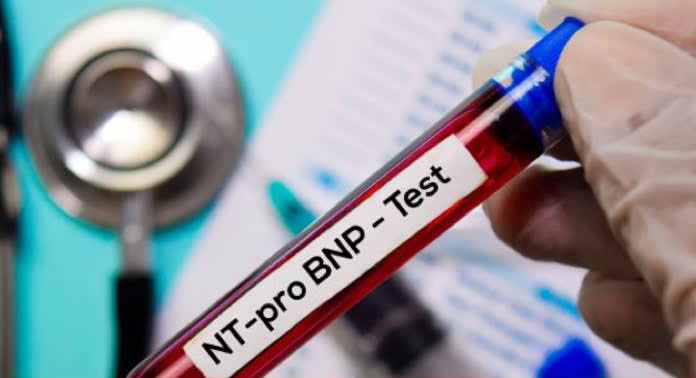Source: Thailand Medical News Dec 24, 2019 6 years, 1 month, 6 days, 1 hour, 59 minutes ago
A simple and common
cardiac blood test done before
surgery can predict who will experience adverse outcomes after most types of
surgery, says an international study led by Hamilton Health Sciences, Ontario researchers.

Worldwide, of the 280 million adults who undergo major
surgery, 18 percent will experience serious cardiac and vascular complications including death within 30 days following their intervention, such as hip and knee replacements, bowel resections and abdominal aortic aneurysm repair.
Study lead, Dr. PJ Deveraux, Professor of medicine, cardiologist at Hamilton Health Sciences (HHS) and scientific lead for perioperative research at McMaster University and HHS' Population Health Research Institute (PHRI) told
Thailand Medical News, "Any type of
surgery has the potential to cause damage to
heart tissue, through blood clot formation, long periods of inflammation, or bleeding."
The clinical study called VISION looked at whether levels of a
cardiac blood test,
NT-proBNP, measured before
surgery can predict cardiac and vascular complications. Higher levels of
NT-proBNP, which can be caused by various anomalies in the
cardiac muscle, such as stress, inflammation or overstretch, can help identify which patients are at greatest risk of
cardiac complications after surgery.
The clinical study included 10,402 patients aged 45 years or older having non-
cardiac surgery with overnight stay from 16 hospitals in nine countries.
Dr. Devereaux added, "As a result of these findings, doctors can predict who is at greater risk of
heart attacks and other negative vascular events after
surgery."
This initial phase of the VISION study builds upon six years of research studies to understand pre- and post-operative factors that lead to
cardiac complications.
First author of the publication, Dr. Emmanuelle Duceppe, internist and researcher at the Centre Hospitalier de l'Universite de Montreal (CHUM), Ph.D. candidate in clinical epidemiology at McMaster University, and associate researcher at PHRI commented, "This simple
blood test can be done quickly and easily as part of patient's pre-operative evaluation and can help patients better understand their risk of post-operative complications and make informed decisions about their
surgery. This blood test is twenty times cheaper than more time-consuming tests such as
cardiac stress tests and diagnostic imaging."
The results of this simple
blood test may inform the type of
surgery the patient will undergo, such as laparoscopic or open
surgery
rong>, the type of anesthesia used during surgery and who will require more intense monitoring post-operatively.
The blood test results can also reduce the need for pre-surgical medical consultations for patients that show no risk for cardiac complications.
Dr. Brian H. Rowe, Scientific Director, Institute of Circulatory and Respiratory Health, Canadian Institutes for Health Research commented, "Heart injury after non-cardiac surgery is emerging as an important health issue requiring attention. Using CIHR funding, the research group led by PHRI and Dr. Devereaux, has clarified the association between an elevation of a common biomarker and the risk of per-operative morbidity and mortality."
The clinical study data was published today in Annals of Internal Medicine.
Reference: Duceppe E, Patel A, Chan MT, et al. Preoperative N-Terminal Pro–B-Type Natriuretic Peptide and Cardiovascular Events After Noncardiac Surgery: A Cohort Study. Ann Intern Med. 2019; [Epub ahead of print 24 December 2019]. doi: https://doi.org/10.7326/M19-2501 